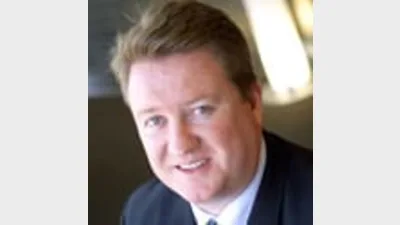MLC advisers the top earners



MLC financial advisers are reaping the rewards of transitioning to fee-for-service, with advisers from three of its dealer groups earning the most among non-salaried advisers, the group has stated.
MLC was referring to the Comparator Annual Benchmarking Study for Financial Planning Businesses 2010, which ranked Godfrey Pembroke Limited advisers in first place as they earned almost 25 per cent more than the industry median. Garvan/MLC Financial Planning and Apogee Financial Planning advisers came in second earning almost 21 per cent more.
MLC advisers have been ranked first for the third year in a row in the ‘average remuneration per adviser’ category.
“We have always maintained that moving to a fee for advice model is not only the right thing to do by the client, it is also better for an adviser’s business,” said MLC & NAB Wealth’s executive general manager of advice and marketing, Richard Nunn (pictured). “The latest data from Comparator reinforces this.”
Nunn said MLC helped advisers to operate more sustainable business models through focusing on fee-for-advice, client segmentation, and long-term active relationships, noting that competitors’ data included volume rebates which MLC-aligned advisers did not receive.
“This latest study emphasises that non-conflicted business models are more profitable,” he said.
Recommended for you
Centrepoint Alliance has overtaken Count as the second largest AFSL with more advisers in the pipeline and strong EBITDA growth predictions for FY2026.
ASIC has released an update to its regulatory guidance on managing conflicts of interest for financial services businesses on the back of its private markets surveillance.
Sequoia Financial Group has flagged a series of non-cash impairments for the first half of FY26, citing exposure to Shield and First Guardian and provisions for potential professional indemnity insurance claims.
The Australian Wealth Advisors Group has completed two strategic investments, doubling its number of authorised representatives and increasing its FUMA by more than $1 million.










